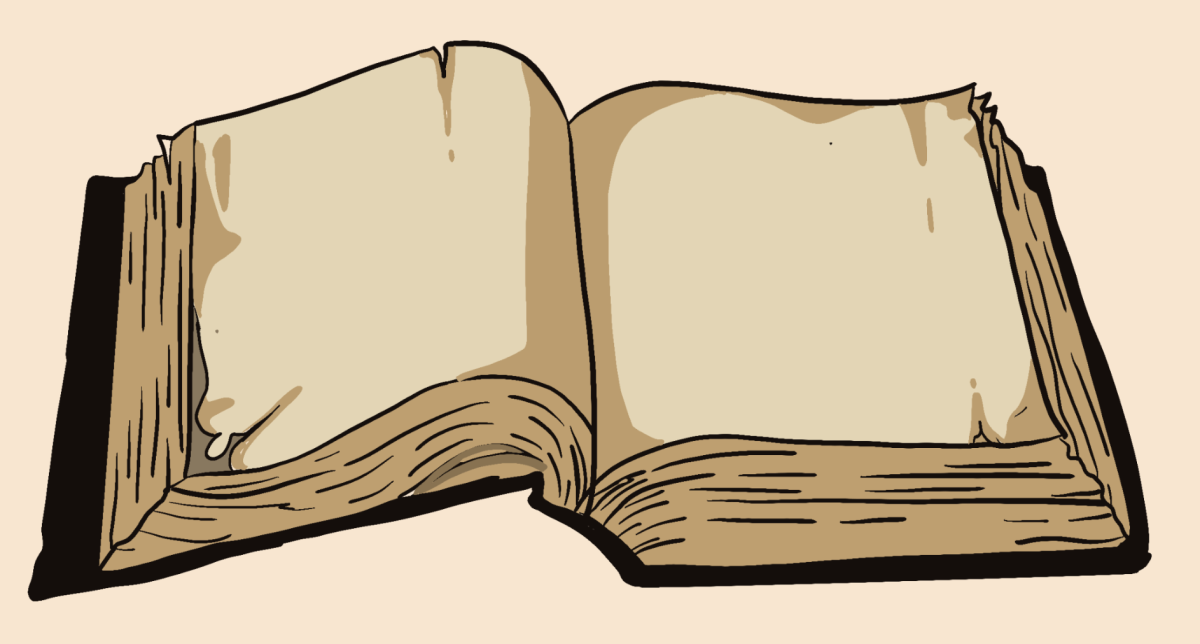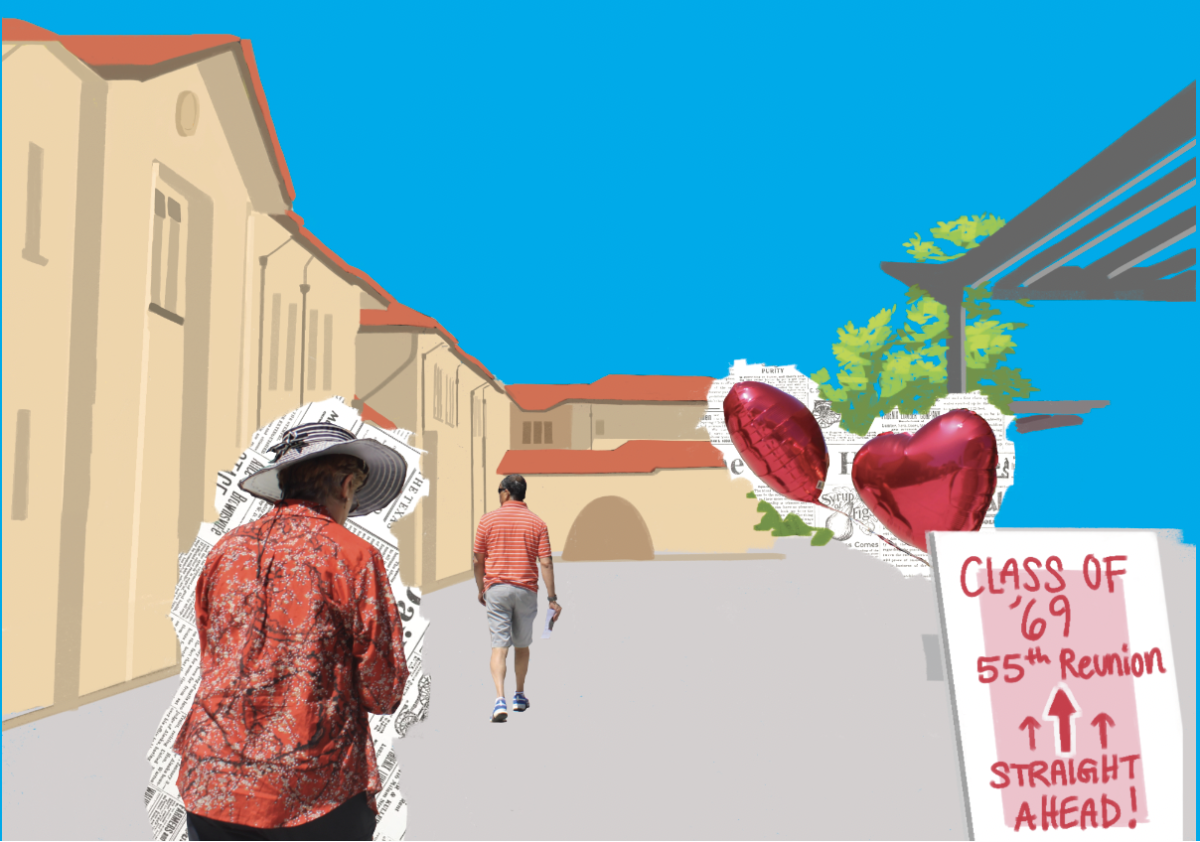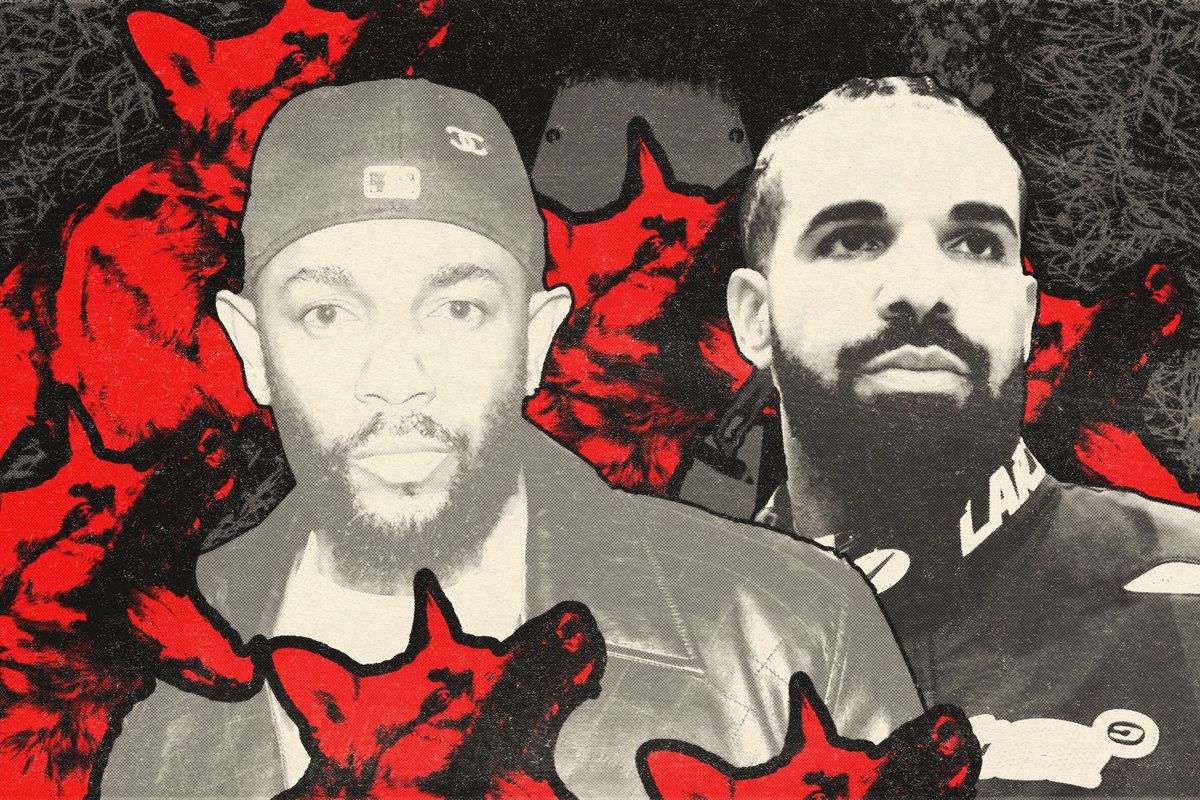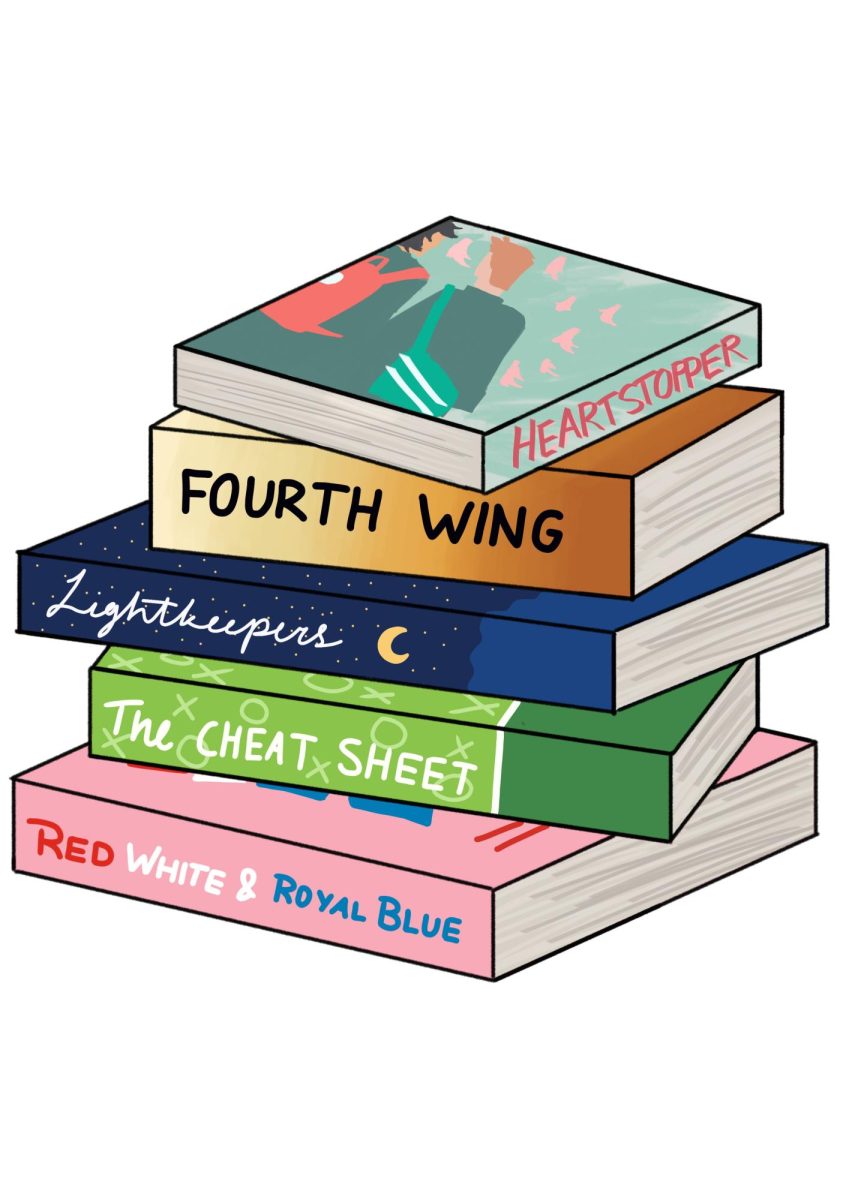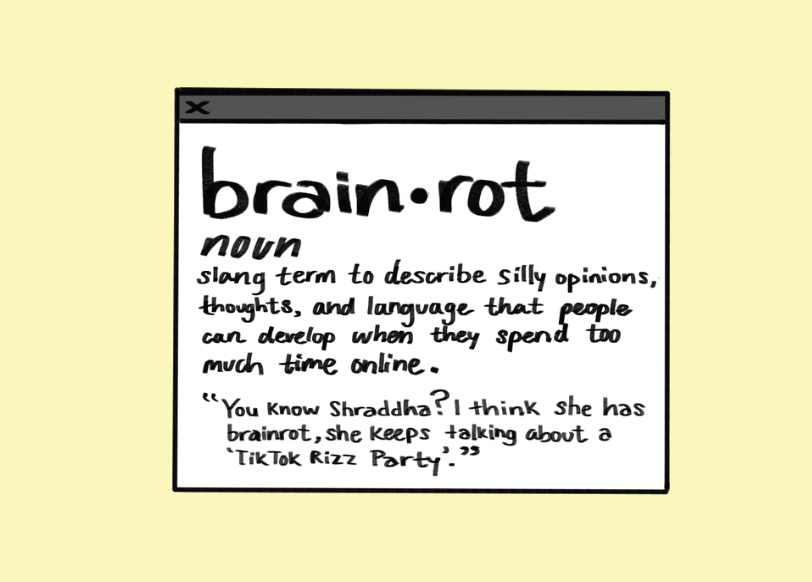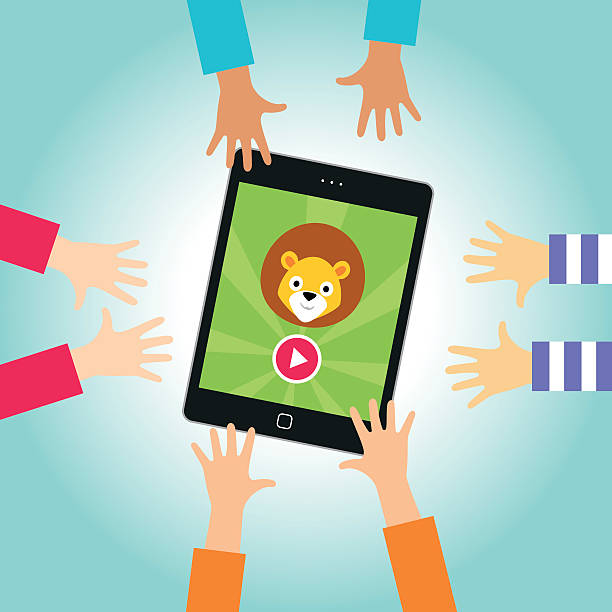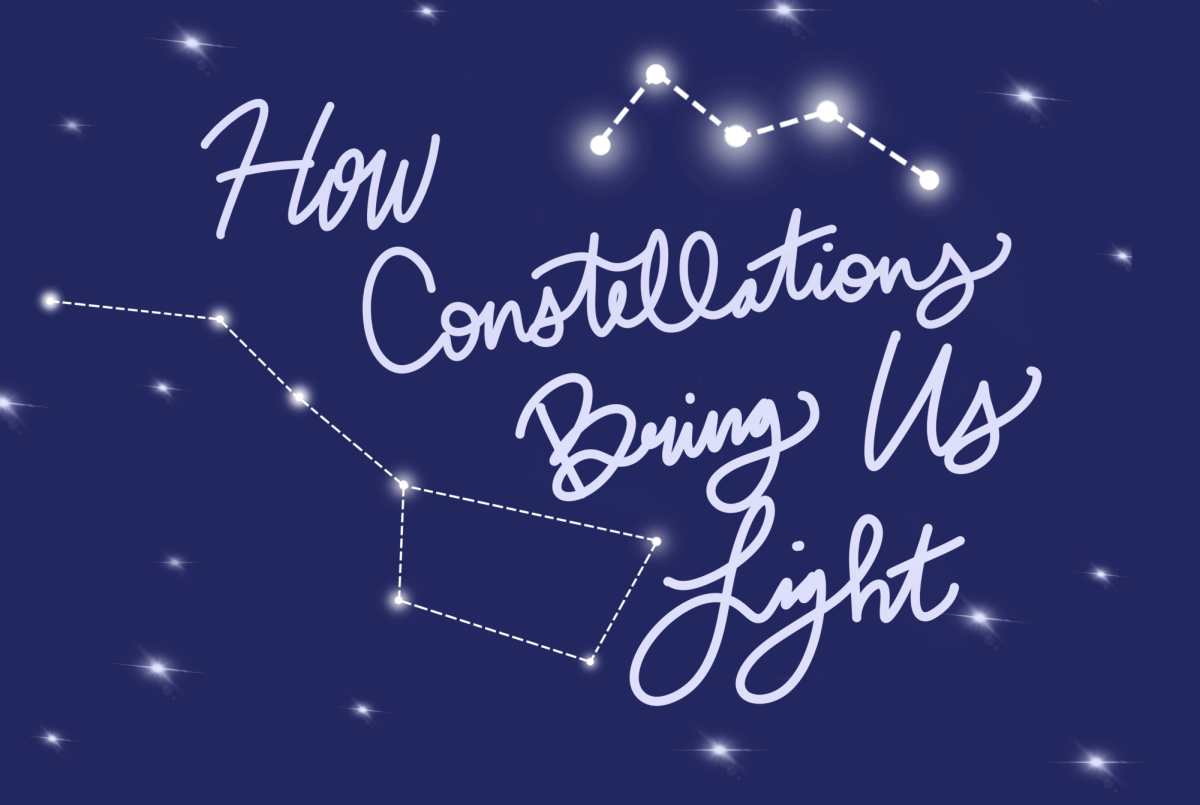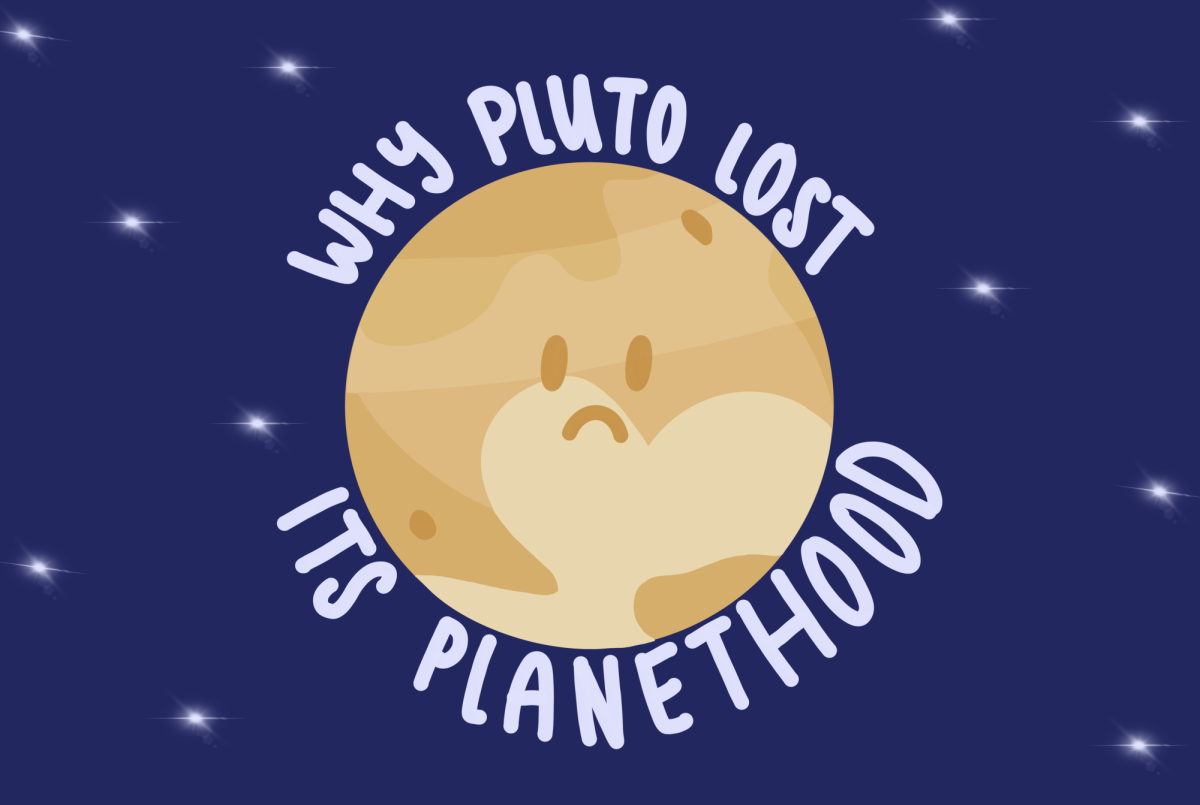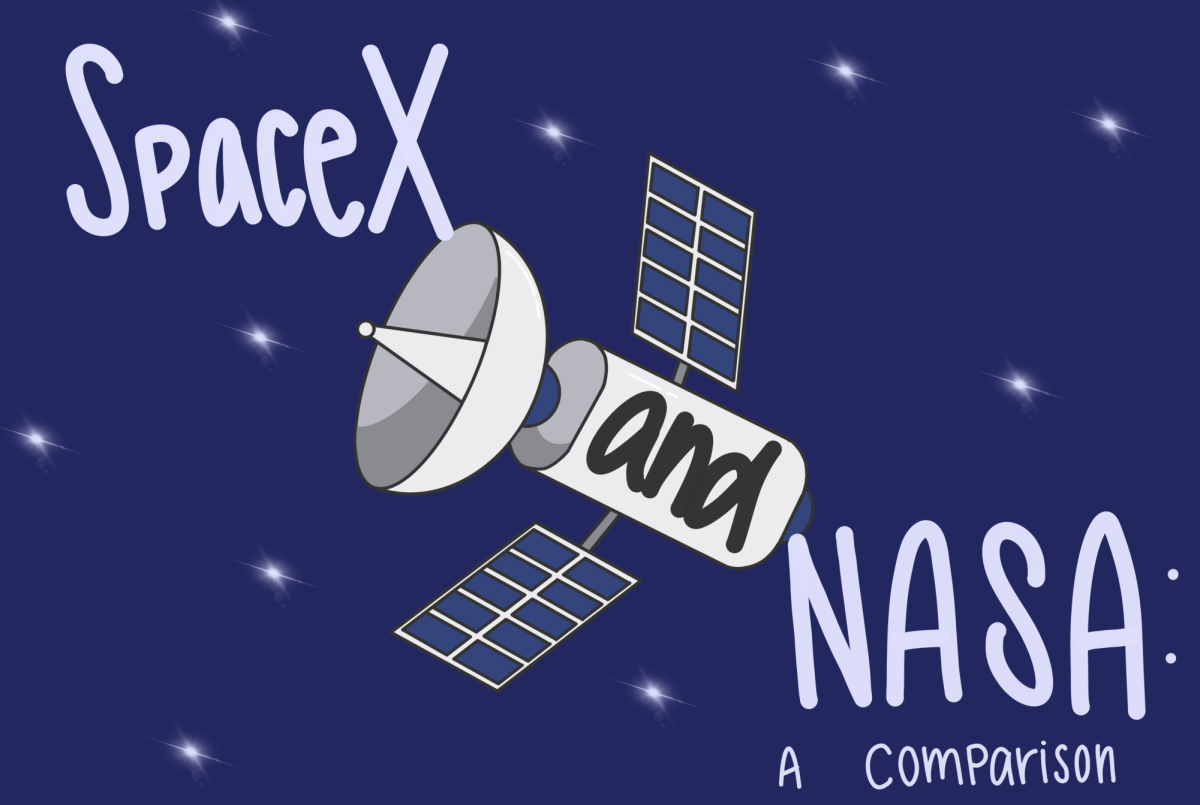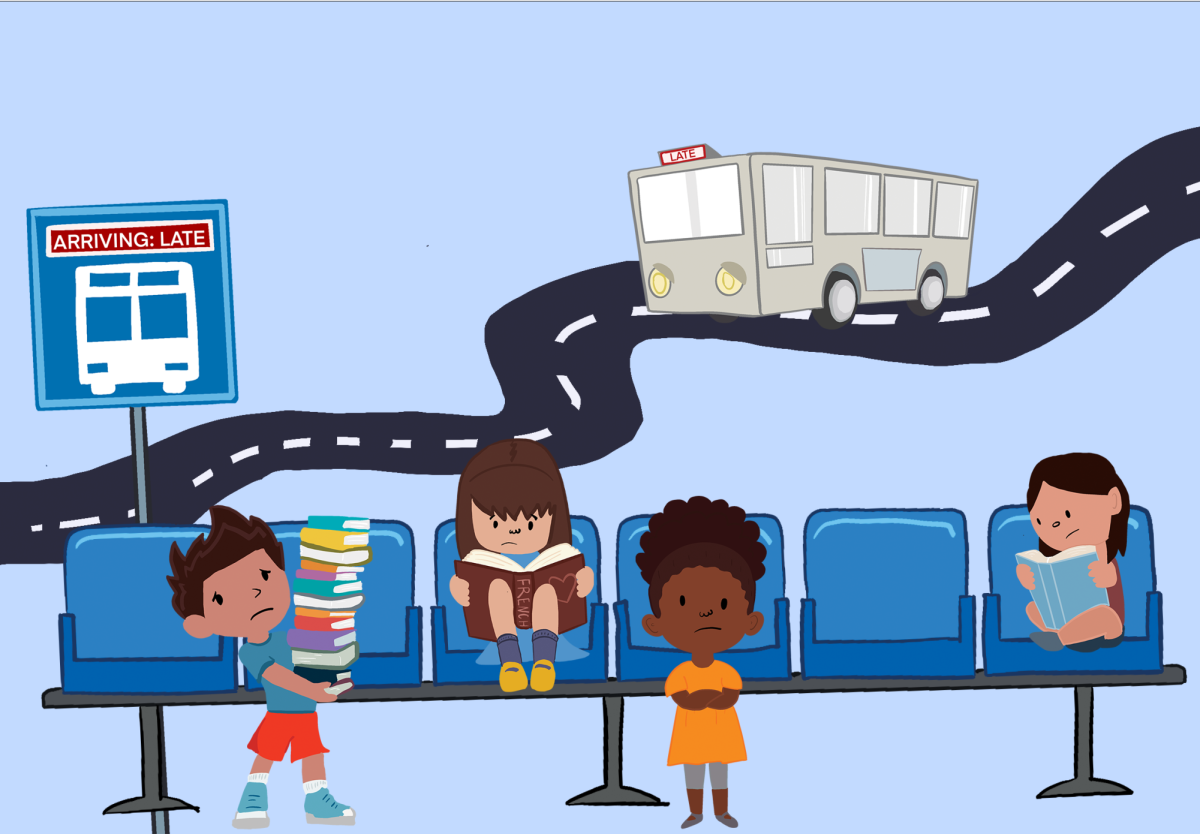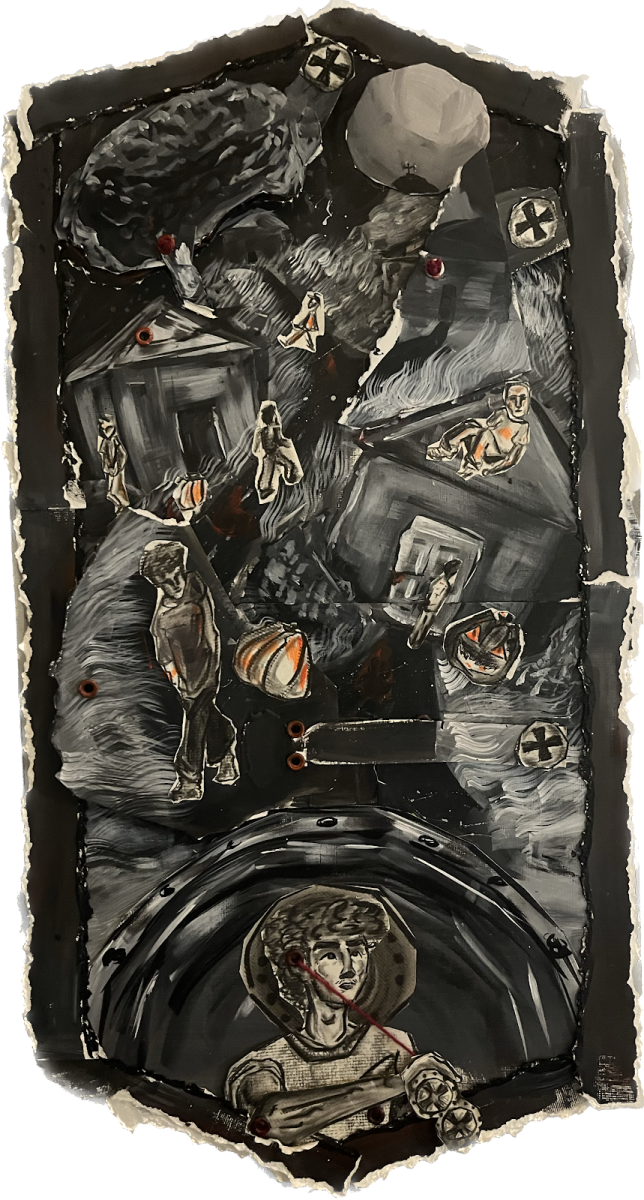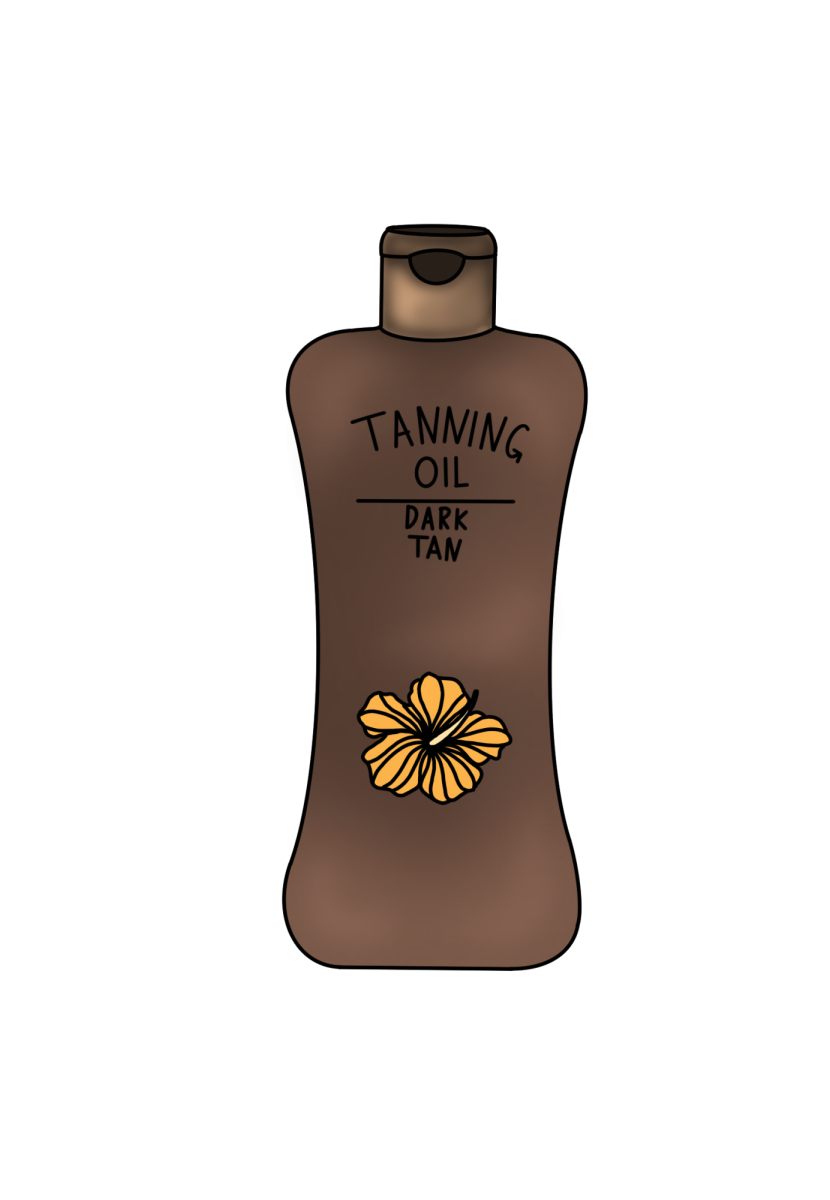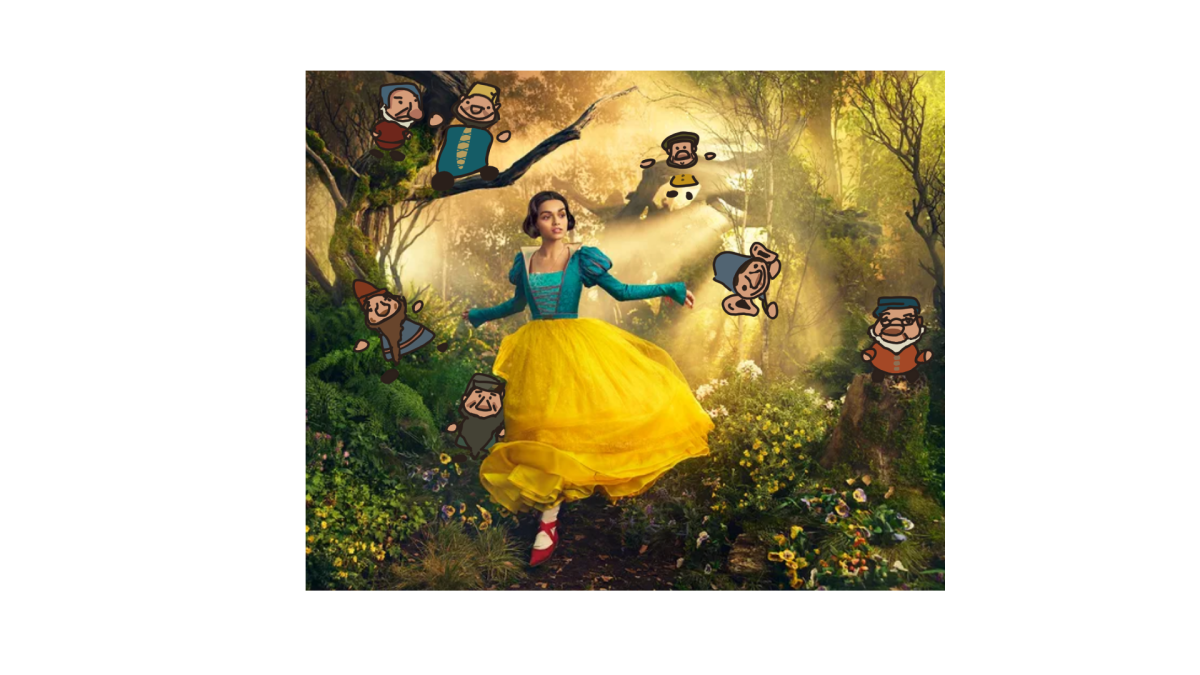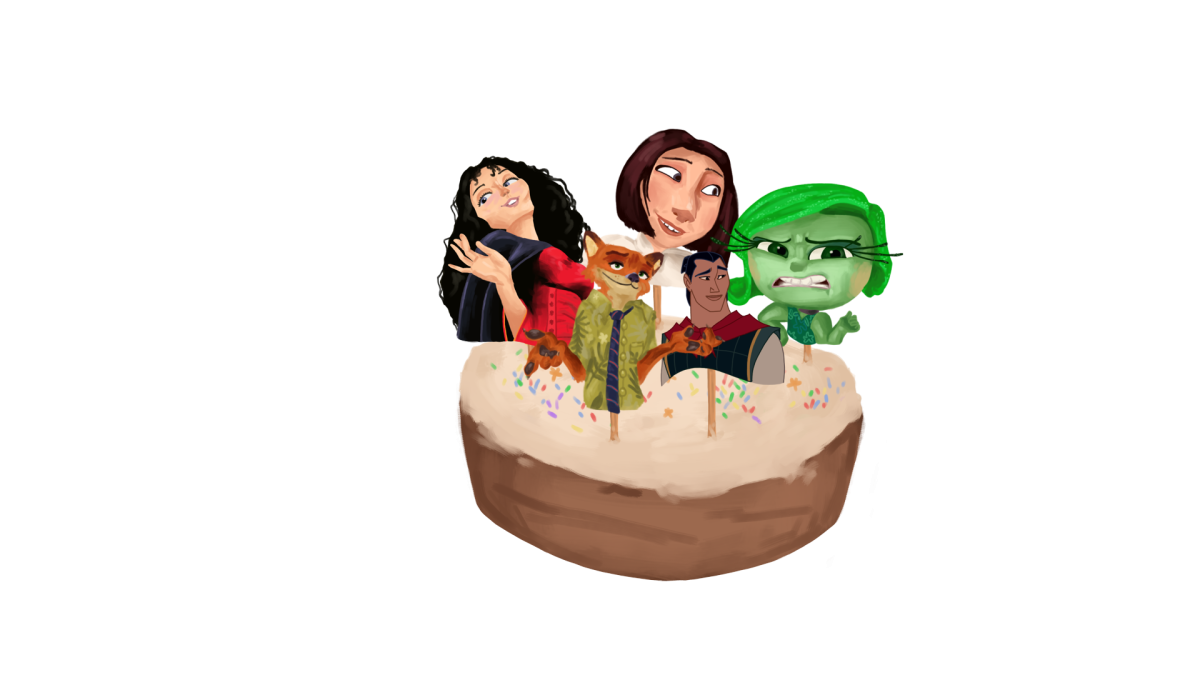Since the early days of civilization, books have been a cornerstone of human intellect, serving as vessels of knowledge, entertainment and records of cultural heritage. Books were our way of documenting events we would have never have uncovered otherwise. They were part of life centuries before modern technology, in the forms of insightful words we live our lives based on, poems we cherish, books we escape reality with. For many, writing was more than just documenting things that were going on, they were and continue to be people’s way of expressing their feelings and ideas. But as a new wave of consumer preferences emerges, the profundity and uniqueness of literature have become skewed.
There is no doubt that the introduction of online platforms like Wattpad and Archive of Our Own (AO3) has changed the creation and distribution of literature, allowing aspiring writers to share their work with a wide audience. However, there has been a concerning trend in the normalization of disturbing themes like toxic relationships within the literature not only hosted on these platforms but in physical books as well. As writers gain more freedom to explore diverse themes and characters, there has been an increasing tendency to romanticize unhealthy dynamics. Ideas of possessiveness, manipulation and emotional abuse can be seen often passed off as tropes like “forbidden love” or “dark romance.” While these narratives may be compelling in fiction, they can also have real-world implications, potentially influencing young audiences to internalize and accept toxic behaviors as romantic ideals.
In an era that is dominated by temporal gratification and a lack of attention span, the patience for immersive and intellectually stimulating literature has been diminished. Readers have begun to gravitate toward shorter, easily digestible texts, sacrificing depth for convenience. Publishers have begun to take note of their consumers’ preference for an easier reading experience, incentivising authors to cater to fleeting trends and surface-level engagement rather than rich, detailed literature. Unfortunately, because of this prioritization of marketability over substance, a new wave of predictable plots, shallow characters and overused themes has surfaced. With the bar significantly lowered, virtually anyone can publish their writing online, regardless of its literary merit. This ease of publication has resulted in a flood of content, most notably seen on TikTok subcultures like “BookTok.” Often the content that is pushed on platforms like “BookTok” lacks the polish, depth and craftsmanship traditionally associated with professionally published books. Although there is nothing inherently wrong with entertainment-driven literature, the saturation of the market with such works risks overshadowing more nuanced and thought-provoking writing.
The decline in quality of books not only affects readers but also undermines the integrity of literature as a whole. Literature has long served as a mirror reflecting the complexities of the human experience, challenging our perspectives and expanding our understanding of the world and the people in it. When books prioritize market trends over artistic merit, they risk becoming hollow echoes of consumer culture rather than enduring works of art that stand the test of time.


